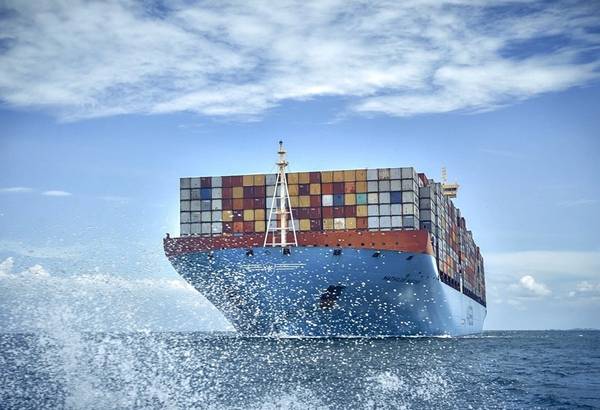
Volvo Cars has announced that it is switching delivery of its production material to container ships using renewable biofuel.
The company will use renewable fuel for inbound ocean container transport of production material destined for manufacturing plants based in Europe and the Americas, as well as all spare parts distribution made globally by ocean container transport.
Volvo Cars says that it is the first global car maker to announce such a switch which will achieve an immediate reduction in fossil CO2 emissions from intercontinental ocean freight by 55,000 tonnes a year. CO2 emissions will be reduced by at least 84% compared to fossil fuel. This reduction is equivalent to the CO2 emissions of a full truck driving around the equator about 1,200 times.
The fuel used is Fatty Acid Methyl Esters (FAME), and it is produced from renewable and sustainable sources, mainly waste cooking oil. No feedstock related to palm oil or palm oil production is used. The fuel is certified and not produced in competition with food crops. It is therefore sustainable in accordance with the EU Renewable Energy Directive.
Javier Varela, Chief Operating Officer and Deputy CEO, said: “We don’t view this initiative as a competitive advantage. On the contrary, we want to spark other car makers into action as well, to increase demand for carbon efficient ocean transports and to establish renewable fuels as a mid-term solution that works. We all have a responsibility to act.”
The company has been working on this initiative together with our logistics partners Maersk, Kuehne+Nagel and DB Schenker. These logistics service providers have switched to renewable fuel for equivalent energy needed for all container transports done for Volvo Cars from June 1, 2023.
When renewable fuel is not available on a specific shipment, the renewable fuel allocation is instead used by the logistics partner for another customer’s route elsewhere, so the overall cut in fossil fuel use is kept on par with actual use in container vessels. The methodology, mass-balancing, is third-party audited regularly.
The company’s ambition is to reduce its lifecycle carbon footprint per car by 40% between 2018 and 2025, which requires a 25% reduction in operational emissions, including logistics. It is also aiming for climate-neutral manufacturing by 2025.
“We’re continually exploring sustainability opportunities across all aspects of our supply chain, and across our overall business,” Varela says. “Our list of initiatives keeps growing as we work towards our ambition of becoming a climate neutral company by 2040.”



